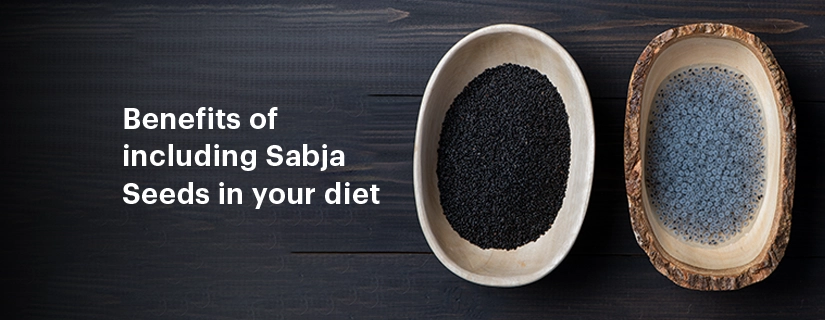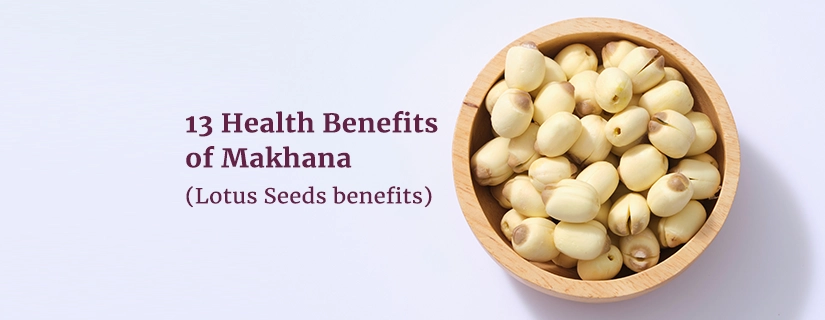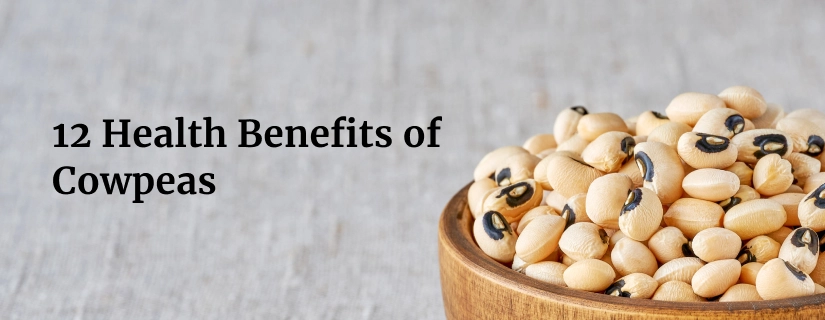-
Doctors
-
Specialities & Treatments
Centre of Excellence
Specialties
Treatments and Procedures
Hospitals & Directions HyderabadCARE Hospitals, Banjara Hills CARE Outpatient Centre, Banjara Hills CARE Hospitals, HITEC City CARE Hospitals, Nampally Gurunanak CARE Hospitals, Musheerabad CARE Hospitals Outpatient Centre, HITEC City CARE Hospitals, Malakpet
HyderabadCARE Hospitals, Banjara Hills CARE Outpatient Centre, Banjara Hills CARE Hospitals, HITEC City CARE Hospitals, Nampally Gurunanak CARE Hospitals, Musheerabad CARE Hospitals Outpatient Centre, HITEC City CARE Hospitals, Malakpet Raipur
Raipur
 Bhubaneswar
Bhubaneswar Visakhapatnam
Visakhapatnam
 Nagpur
Nagpur
 Indore
Indore
 Chh. Sambhajinagar
Chh. SambhajinagarClinics & Medical Centers
Book an AppointmentContact Us
Online Lab Reports
Book an Appointment
Consult Super-Specialist Doctors at CARE Hospitals
15 Health Benefits of Soursop (Graviola) and its Nutritional Value
Updated on 10 September 2024

Have you ever heard of soursop? This tropical fruit is making waves in the health community, and for good reason. Soursop, also known as graviola, packs a punch when it comes to potential health benefits. From boosting immunity to supporting heart health, this prickly green fruit has caught the attention of researchers and health enthusiasts alike. This article will explore the many soursop fruit benefits that make it a worthy addition to your diet. We'll dive into its impressive nutritional profile, discuss how it may help manage conditions like diabetes, and share some mind-blowing ways to enjoy this unique fruit. So, let's uncover why soursop is becoming a go-to choice for those looking to enhance their wellbeing naturally.

15 Health Benefits of Soursop
Soursop, also known as graviola, offers numerous health benefits that make it an asset to one's diet, such as:
- Immune System Boost: Soursop has a high vitamin C content, strengthening the immune system. A single whole fruit provides 215% of the recommended daily allowance of vitamin C, enhancing the body's ability to defend against pathogens.
- Antioxidant Powerhouse: The fruit and leaves of soursop contain various antioxidants, including phytosterols, tannins, and flavonoids. These compounds play an elementary role in protecting against various health conditions.
- Digestive Health: With 83% of the recommended daily allowance of fibre in one whole fruit, soursop promotes digestive health. It helps maintain regularity and prevents issues like constipation.
- Potential Cancer-fighting Properties: Although research is limited to test-tube studies, soursop shows promise in fighting cancer. Studies have found that soursop extract may reduce breast cancer tumour size and inhibit the formation of leukaemia cells.
- Inflammation Reduction: The antioxidants in soursop help fight free radicals, reducing oxidative stress and potentially lowering inflammation in the body.
- Blood Pressure Management: Soursop has an impact on blood pressure regulation. Its high potassium level helps the body eliminate sodium and eases blood vessel tension, potentially lowering blood pressure.
- Antibacterial Effects: Studies suggest that soursop extract may have antibacterial properties, showing effectiveness against bacteria causing gum disease, cavities, cholera, and Staphylococcus infections.
- Blood Sugar Control: Some studies indicate that soursop extract could significantly reduce blood glucose levels.
- Skin Health: Soursop's antioxidant properties can protect your skin from damage due to free radicals, thus resulting in a healthier complexion.
- Weight Management: The fibre content in soursop can help you feel full, potentially aiding in weight management.
- Heart Health: Soursop's potassium content can help regulate heart rhythm and blood pressure, lowering the risk of heart disease.
- Mental Health: Some studies suggest that soursop may have mood-boosting properties, potentially improving mental health.
- Liver Protection: The antioxidants in soursop can help protect the liver from damage resulting from toxins.
- Respiratory Benefits: For Generations, soursop has been a trusted remedy for respiratory issues like coughs and colds, a testament to its effectiveness in promoting respiratory health.
- Eye Health: The antioxidants in soursop may help protect your eyes from free radicals, reducing the risk of eye diseases.
These benefits showcase why soursop has gained attention in the health community. However, it's important to note that while many of these benefits are promising, further research is needed to fully understand this fruit's effects on human health.
Nutritional Value of Soursop
Soursop, a member of the custard apple family, comes from the Annona muricata broadleaf evergreen. This tropical fruit offers a wealth of nutrients that contribute to its various health benefits. Understanding its nutritional profile helps explain why soursop reduces inflammation, improves the immune system, and eases digestive symptoms.
A single cup of soursop pulp (225g) provides 148 calories, making it a relatively low- calorie fruit option. It contains 37.8g of carbohydrates, primarily from naturally occurring sugars. Notably, soursop is an excellent source of dietary fibre, offering more than 7 grammes per serving. This amount represents about a quarter of the recommended daily intake, contributing to its low glycemic index and supporting digestive health.
Soursop is low in fat and contains less than one gramme per serving. However, it's not a significant source of protein, providing only 2.3 grammes per cup. To meet daily protein requirements, dieticians generally advise incorporating other protein-rich foods such as salmon, lean meats, and legumes into the diet.
Soursop truly shines in its micronutrient content. It contains copious amounts of vitamin C, with one cup providing 46.4 mg. This amount goes a long way in meeting the USDA's recommended daily intake of 90 mg, supporting a healthy immune system. Additionally, soursop offers 626 mg of potassium per cup, aiding blood pressure regulation and rapid workout recovery.
The fruit also contains other essential minerals and vitamins, including:
- B vitamins (B1, B2, B3)
- Folate
- Calcium
- Iron
- Magnesium
- Phosphorous
- Zinc
- Copper
For those interested in the nutritional breakdown of an entire soursop fruit, it provides:
- Calories: 413
- Protein: 6 gms
- Fat: 2 gms
- Carbohydrates: 105 gms
- Fibre: 21 gms
- Sugar: 85 gms
How to Eat Soursop
Soursop, a tropical fruit with a unique flavour, can be enjoyed in various ways. When selecting soursop, it's important to remember that most are picked before they're fully ripe. The fruit turns from green to yellow-green as it matures, indicating readiness for consumption. A ripe soursop will yield slightly when pressed.
Soursop's versatility shines through in its numerous culinary applications:
- Raw Consumption: The fruit is delicious when eaten fresh. Simply cut it lengthwise, scoop the flesh from the rind, and savour its sweet-tart flavour.
- Beverages: Soursop makes an excellent addition to smoothies and juices, imparting a unique tropical taste.
- Frozen Treats: The fruit can be transformed into homemade popsicles or used to create creamy ice cream.
- Breakfast Boost: Add soursop as a zesty topping to oatmeal, yoghurt, or chia pudding for a nutritious start to the day.
- Baking: Incorporate soursop into quick bread or cake batter for a tropical twist on traditional recipes.
- Teas: The flesh can be used to make refreshing teas.
When preparing soursop, it's crucial to remove the seeds before consumption. Research has shown that soursop seeds contain annonacin. It is a neurotoxin that may contribute to the development of Parkinson's disease. Therefore, it's advisable to avoid ingesting the seeds.
By incorporating soursop into their diet, individuals can explore new flavours while benefiting from its nutritional properties. Whether eaten raw or used in various recipes, soursop offers a unique and enjoyable culinary experience.
Conclusion
Soursop has an influence on health in numerous ways, making it a valuable addition to a balanced diet. Its rich nutrient profile, including high vitamin C and fibre levels, contributes to its potential to boost immunity, aid digestion, and manage blood pressure. The fruit's versatility in culinary applications allows for easy incorporation into various dishes and beverages, making it an accessible option for those looking to diversify their nutritional intake.
While soursop shows promise in areas such as cancer prevention and blood sugar control, it's crucial to approach these benefits with a measured perspective. Further research is needed to fully understand its effects on human health. As with any dietary change, it's advisable to consult a doctor before making soursop a regular part of your diet.
To Book an Appointment, call:
ENQUIRY FORM
SELECT CATEGORIES
-
Neurosciences (16)
-
Neurology (37)
-
Neurosurgery (14)
-
Orthopaedics (48)
-
Oncology (33)
-
Obstetrics and gynecology (51)
-
Pulmonology (23)
-
Urology (20)
-
Nephrology (13)
-
Psychiatry (7)
-
Dietetics and Nutrition (111)
-
General Medicine (63)
-
Cardiac Sciences (30)
-
Vascular & Endovascular Surgery and Interventional Radiology (10)
-
Gastroenterology (46)
-
Endocrinology (23)
-
Plastic Surgery (10)
-
Critical Care Medicine (5)
-
COVID-19 (16)
-
Dermatology (16)
-
Emergency Care (1)
-
Ophthalmology (4)
-
Pediatrics (14)
-
Laparoscopic and Bariatric Surgery (8)
-
ENT (15)
-
Kidney Transplant (1)
-
Liver Transplantation and Hepatobiliary Surgery (5)
-
General Surgery (3)
-
Internal Medicine (5)
-
Medicine Information
Ketogenic Diet: Uses, Benefits, Meal Plan, and More
15 Health Benefits of Ashwagandha and How to Use
YOU MAY ALSO LIKE
RECENT BLOGS
-

Direct Anterior Approach in Total Hip Replacement: Advantages and Challenges
10 April 2025
Read More
-

Zinc Deficiency: Signs and Symptoms, Causes, Treatment
9 April 2025
Read More
-

Chest Pain When Coughing: Causes, Treatment and Home Remedies
9 April 2025
Read More
-

12 Health Benefits of Eating Mushrooms
8 April 2025
Read More
-

7 Health Benefits of Blood Donation You Should Know About
8 April 2025
Read More
-

Implantation Bleeding Vs Periods: Know the Difference
28 February 2025
Read More
-

Bloating During Ovulation: Symptoms, Causes and Remedies
28 February 2025
Read More
-

Itching During Dengue: Causes, Treatment and Home Remedies
18 February 2025
Read More
Have a Question?
If you cannot find answers to your queries, please fill out the enquiry form or call the number below. We will contact you shortly.












































































































